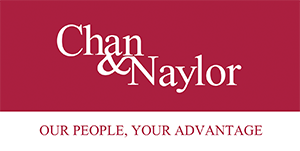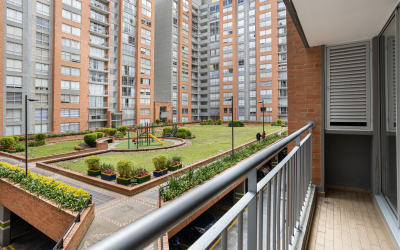Now more than ever, the question of fixed rates versus variable rates has become a hot topic of conversation. So how do you decide whether to your fix your home loan or not?
Whether you are embarking on a new journey of property ownership with a new mortgage, or considering what to do with your existing one, you will typically have the choice as to whether you want to fix your rate in or not. Fixed rates are usually set for anywhere from one to five years, and one of the most common misconceptions that consumers have is that a fixed rate will be the same as a variable one. The exact rate of a mortgage comes down to the cost of funding for the institution, be it bank, non-bank or mortgage manager, and the rates will vary substantially. They can even change on a daily basis! So the first question to ask is:
- What is the rate if I decide to fix my loan in comparison to the variable rate I have or could get?
As of today, we are seeing new business rates of around 5% for owner occupied loans. These are likely to change based on the rhetoric coming out of the Reserve Bank of Australia, and they are indicating that it could yet increase. However, across the market we are seeing one-year fixed rates from the mid 5’s and fixe year rates anywhere up to 7.5%! So, in essence, for you to be better off with a one-year fixed rate, you are banking on variable rates going up, quickly, and dramatically. Put simply, if you have a current rate of 5%, and can fix at a rate of 5.5% for one year, it would be the equivalent (roughly) of having your variable rate at 5% for the first six months, and then the rate increasing to 6% for the remaining six months. But if the variable rate goes up to 5.5% at the 6-month mark and stays there, you’ve had the benefit of 6 months at the lower rate and are therefore well ahead.
Another benefit to having a variable loan is the flexibility. With most funders in Australia, you will be limited to how much you can make in extra repayments while on a fixed term, usually $10k/annum. Note- there are a couple of lenders that do have the very rare option of an offset account with the fixed rate, but they are seldom well priced. With a variable loan in your name (not necessarily company names), you can make as many extra payments as you like without penalty.
Lastly, there is no penalty if you decide to close your variable loan, so when you get that lucky winning ticket in the lotto (fingers crossed!) you can pay the loan out without heavy break costs. This is also relevant if you want to refinance and keep the banks from hitting you with the “loyalty tax” that they seem to charge borrowers who have been with the one lender for a long period.
Given the last few years and the fixed rate market that Covid bought about, and the rising interest rates it’s not surprising that people are talking about fixed rates. And while it was a huge win for those that fixed their loans one to three years ago, this broker is no longer convinced!
If you’d like to discuss further, reach out to me directly on 0429 597 371.
Aaron Hickey
Mortgage Broker | Pymble
5/55 Grandview St, Pymble NSW 2073 Australia
P: 1300 306 868 | M: [0429 597 371]
E: [aaronh@chan-naylor.com.au]
W: www.chan-naylor.com.au
Aaron Hickey is a credit representative number 495791 of BLSSA Pty Ltd ACN 117 651 760 (Australian Credit Licence 391237)





